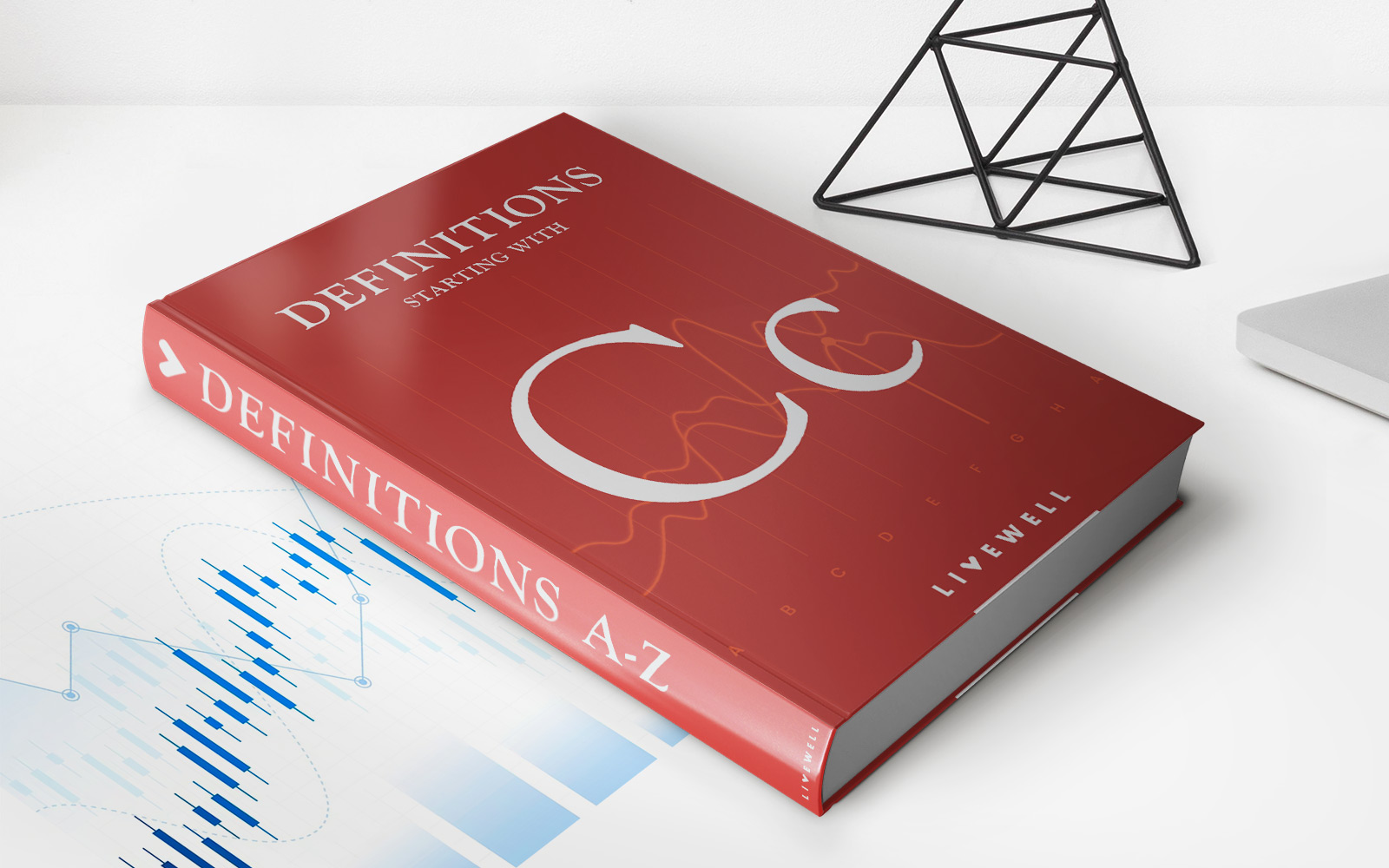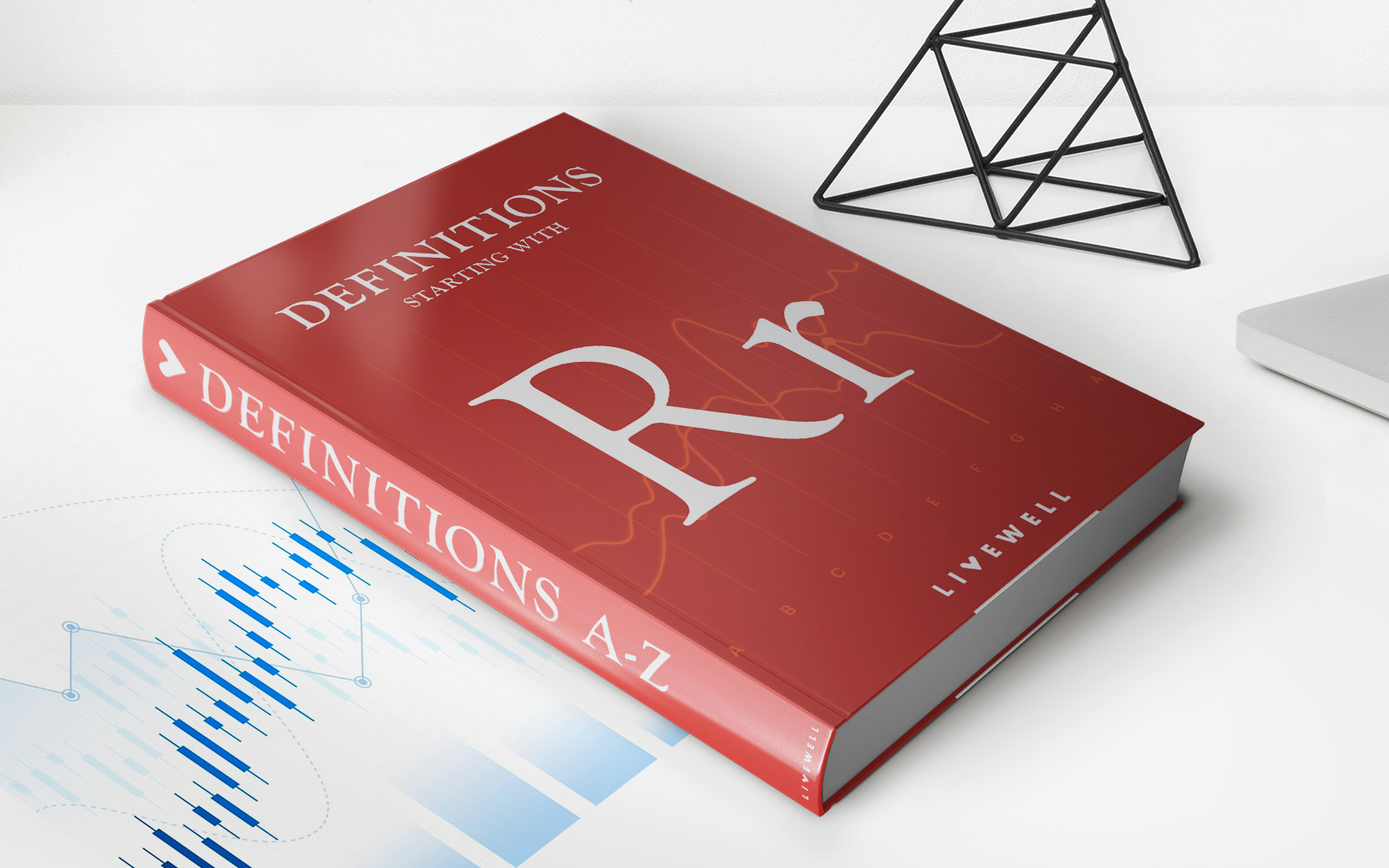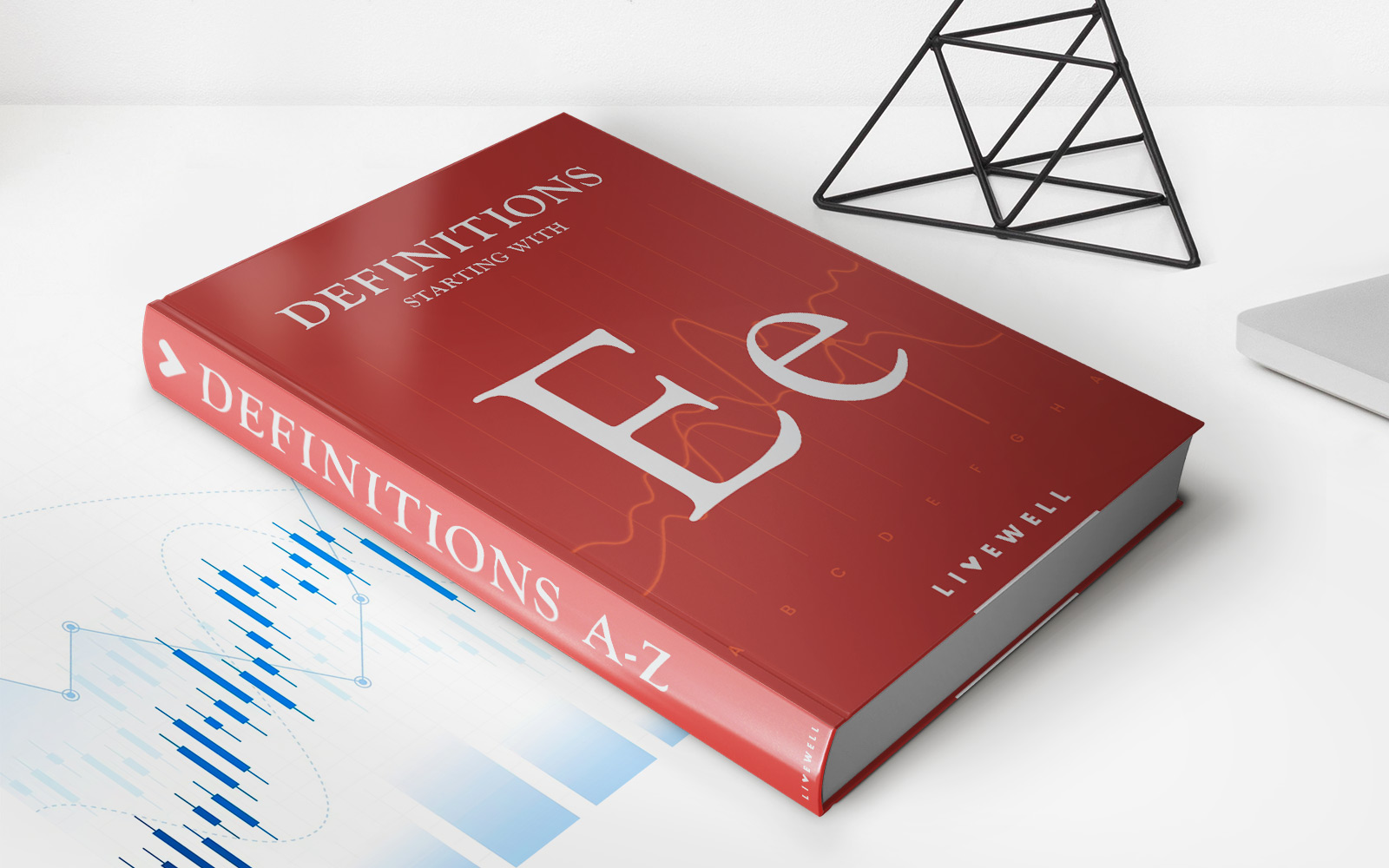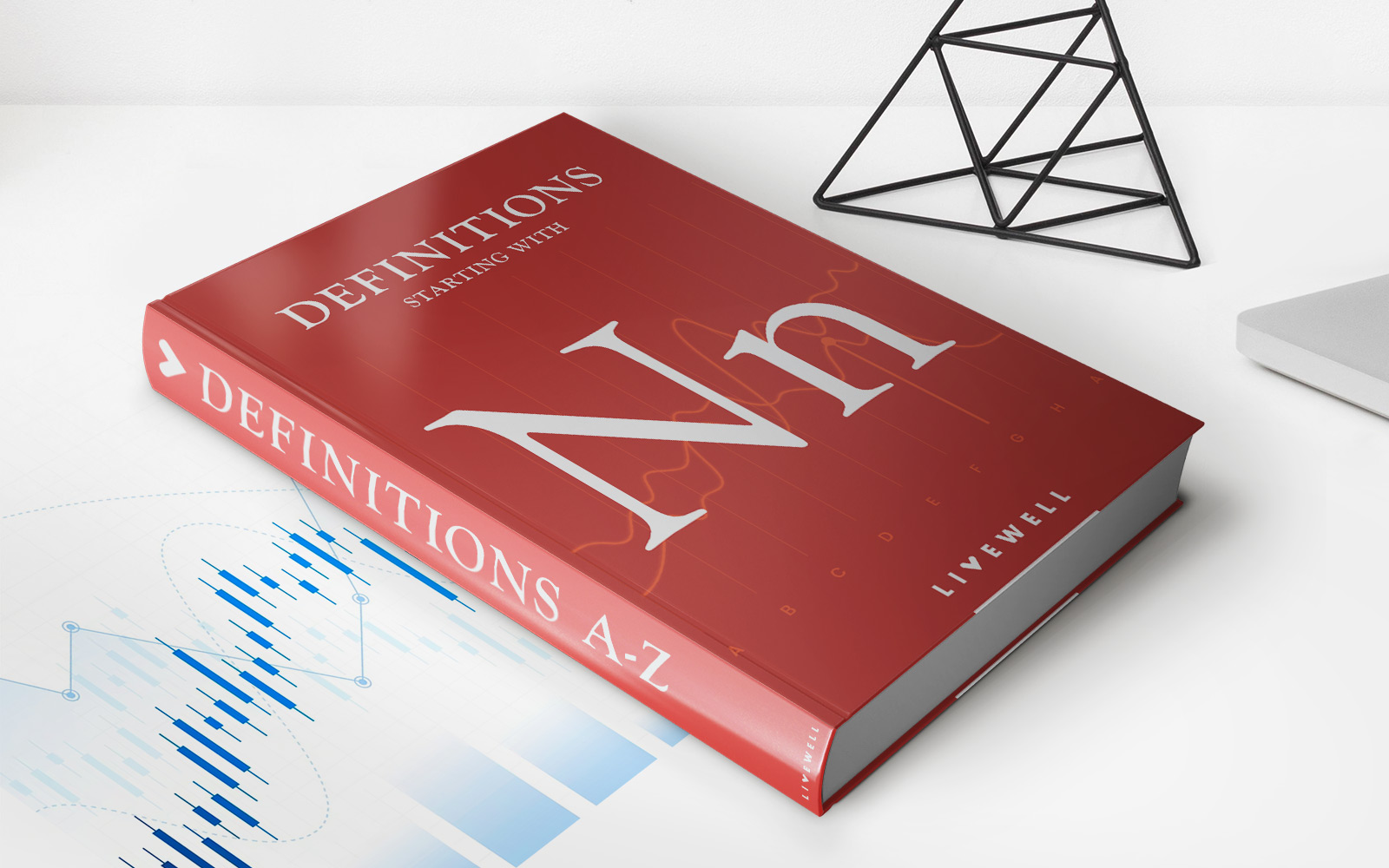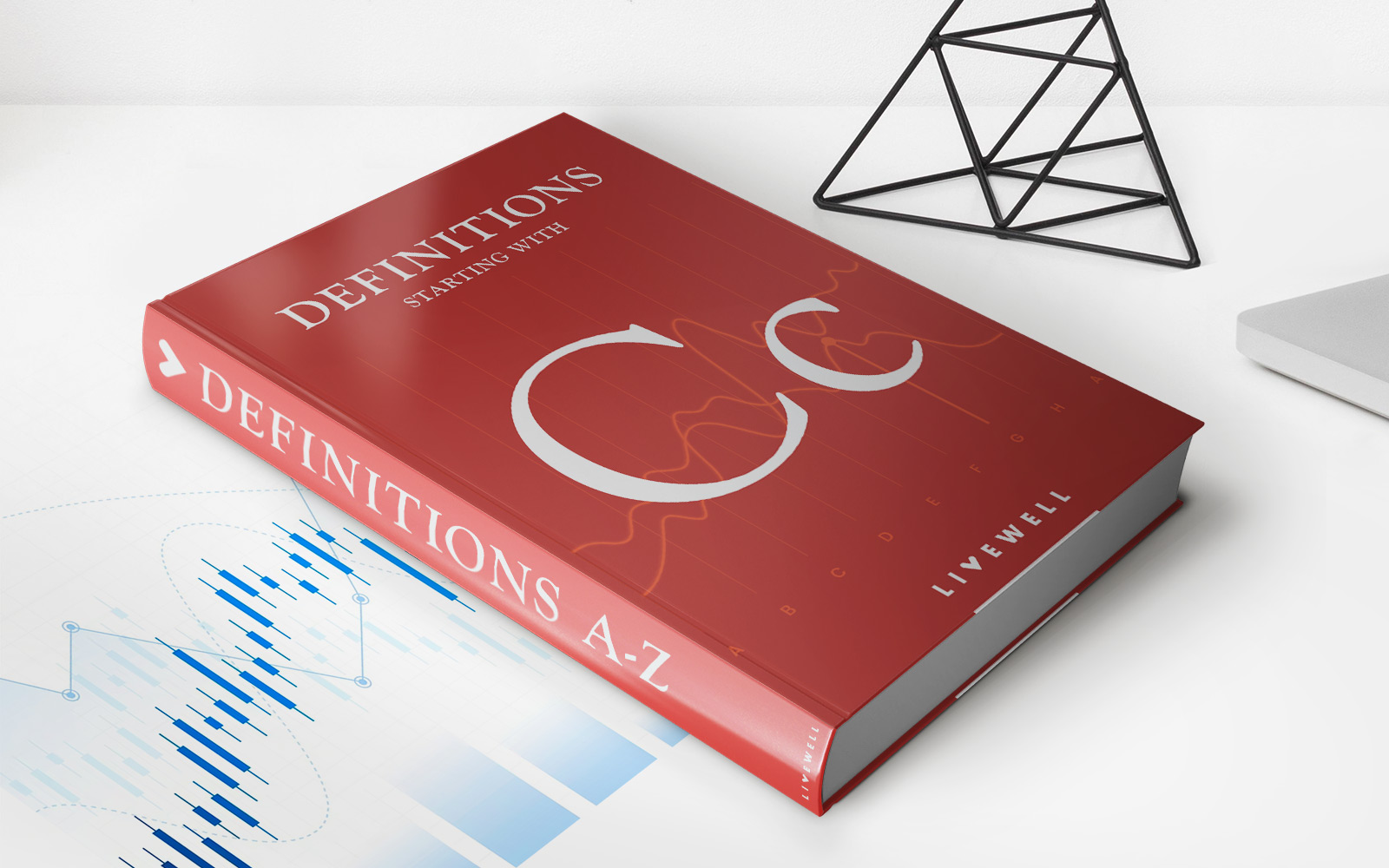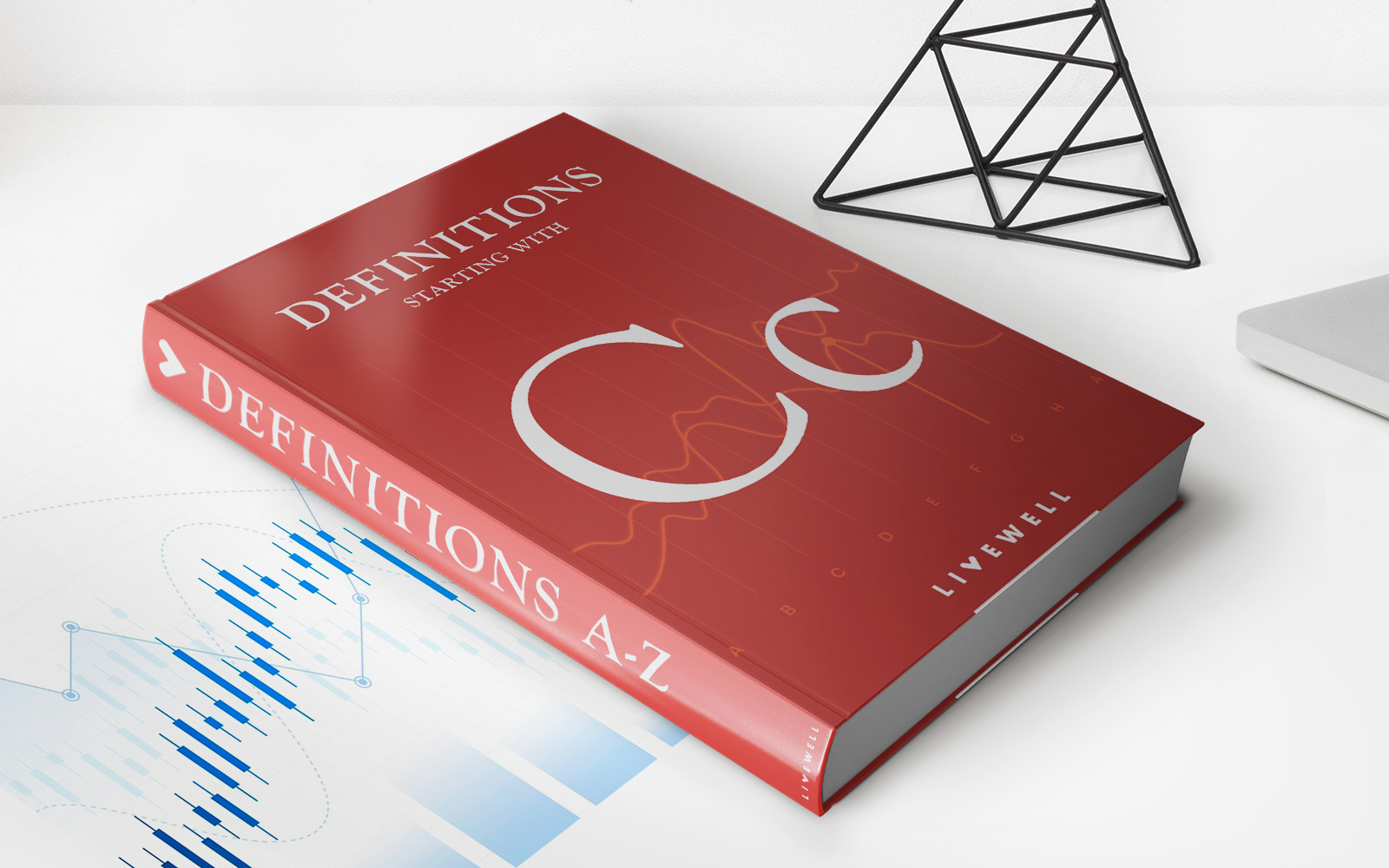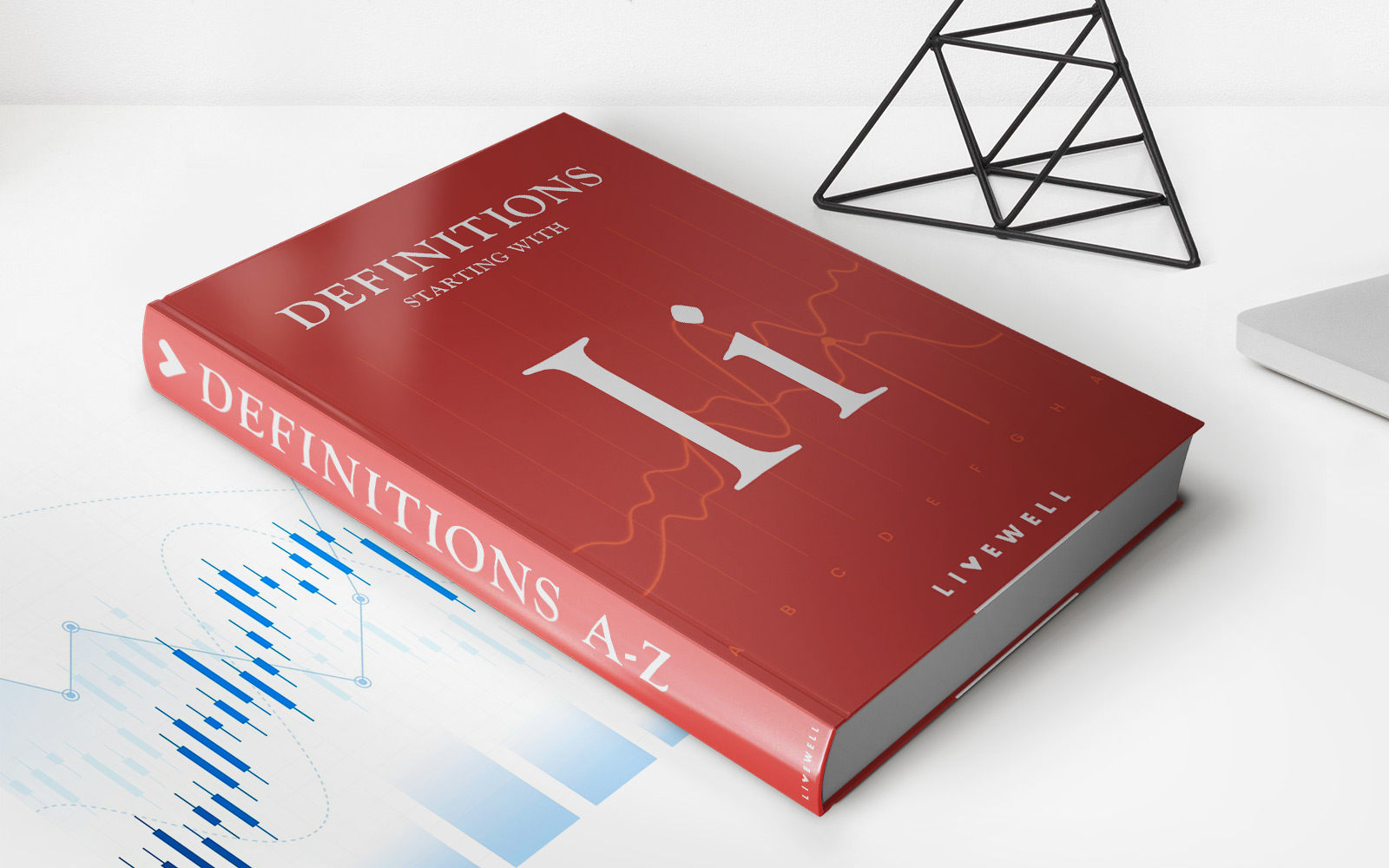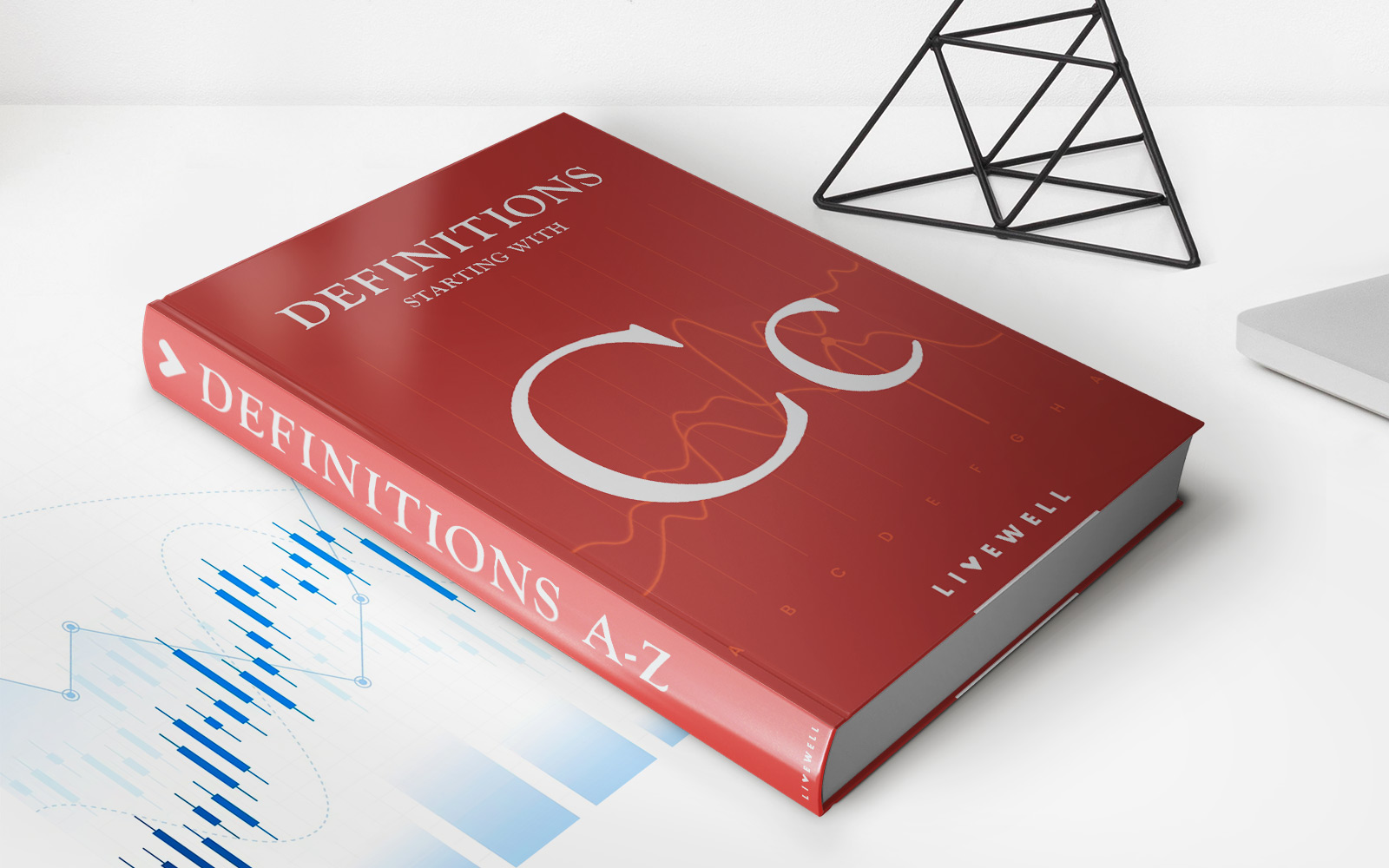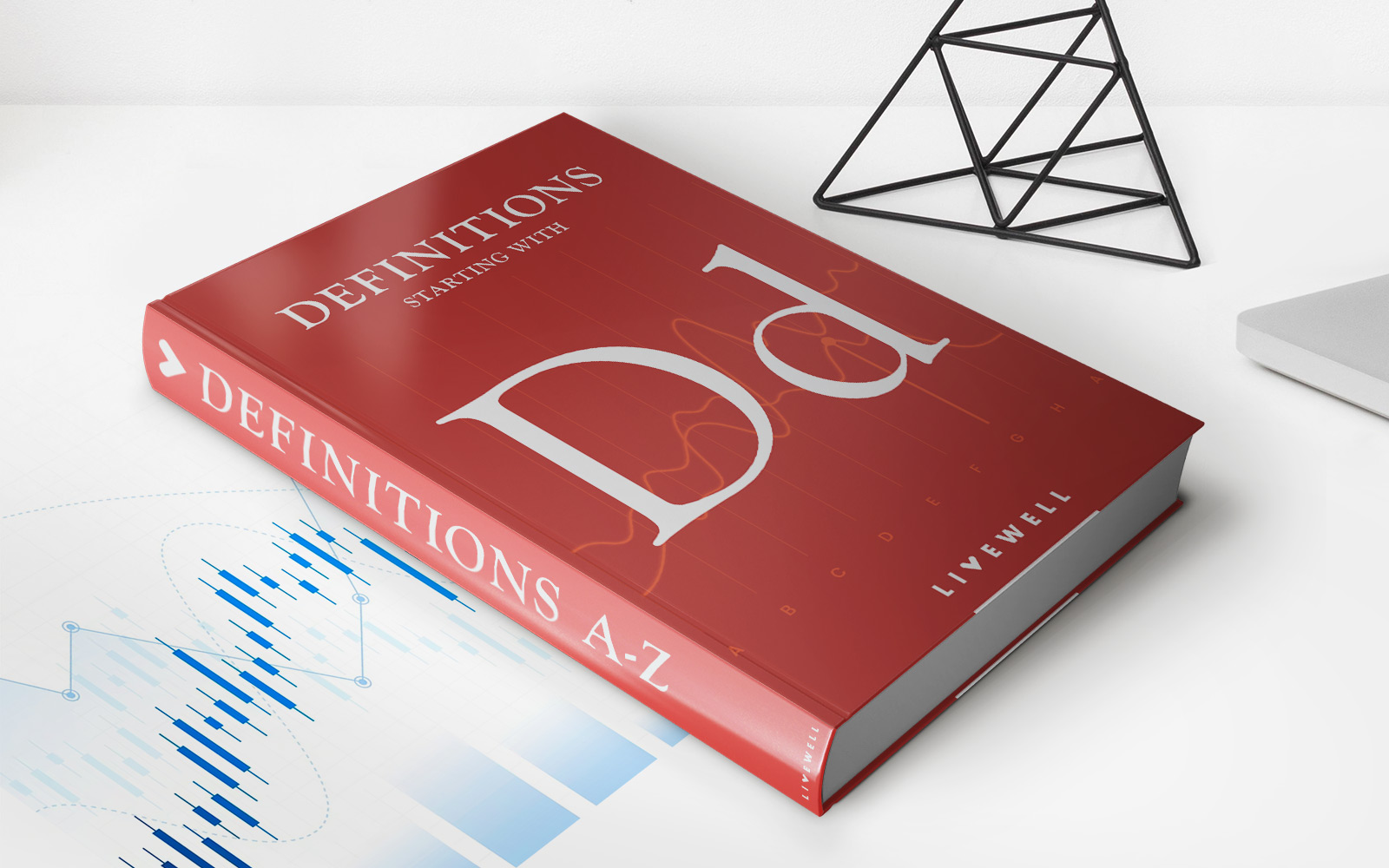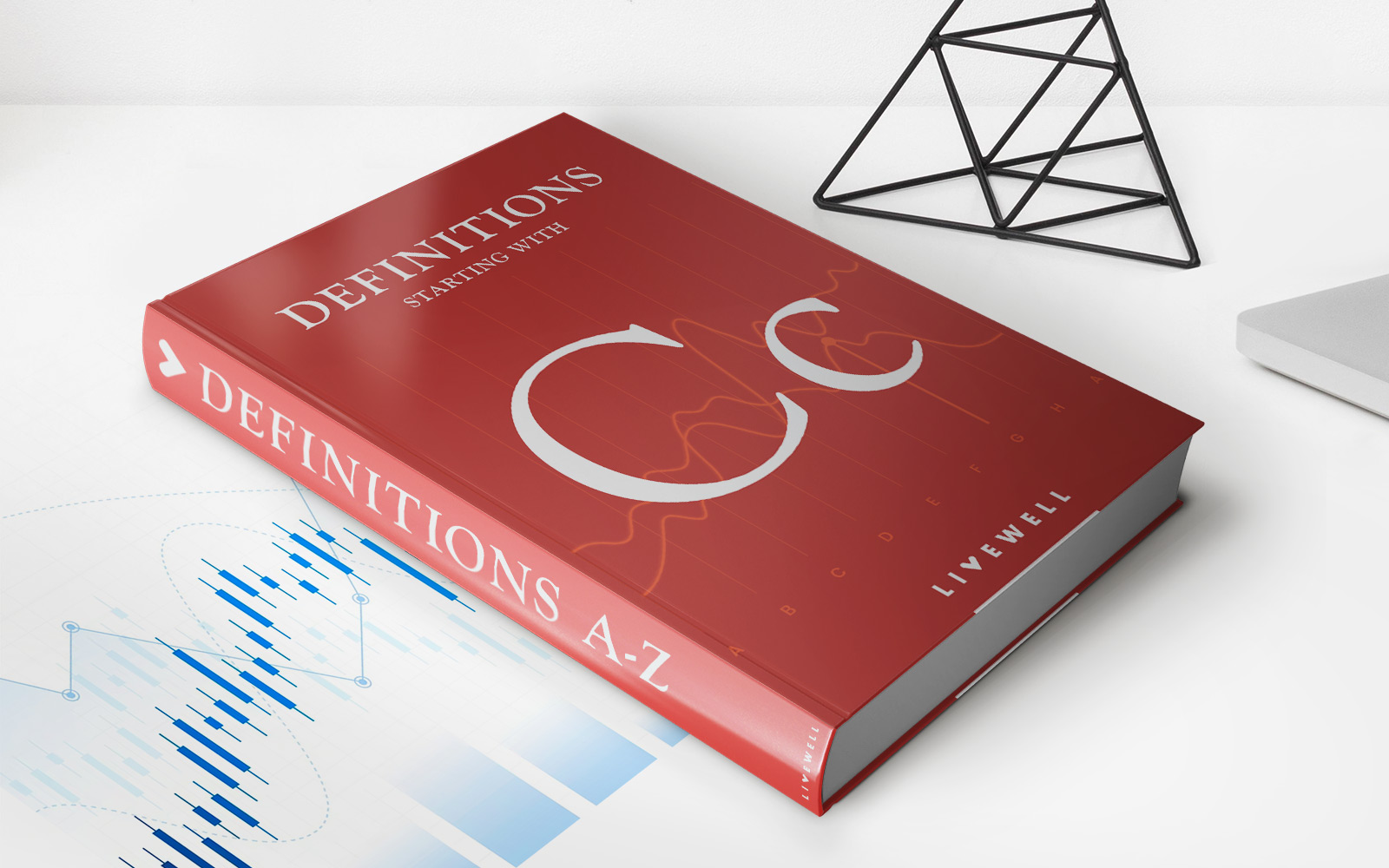

Finance
Customs Barrier Definition
Published: November 7, 2023
Learn the definition of customs barrier in finance and how it affects international trade. Discover the key elements and implications of customs barriers.
(Many of the links in this article redirect to a specific reviewed product. Your purchase of these products through affiliate links helps to generate commission for LiveWell, at no extra cost. Learn more)
Breaking Down Customs Barrier Definition for Better Financial Planning
When it comes to managing your finances, it’s essential to be aware of any potential barriers that could impact your financial wellbeing. One such barrier that often goes unnoticed is customs barriers. In this article, we will delve into the customs barrier definition and why understanding it is crucial for your financial planning.
Key Takeaways:
- Customs barriers are restrictions imposed on the movement of goods between countries
- These barriers can have a significant impact on international trade and financial markets
What are Customs Barriers?
In simple terms, customs barriers are restrictions imposed by a country on the movement of goods across its borders. These barriers are put in place to regulate and control the flow of imported and exported goods. They can take various forms, including tariffs, quotas, embargoes, and import and export licenses.
1. Tariffs: Tariffs are taxes imposed on imported goods. They can be specific (a fixed amount per unit) or ad valorem (a percentage of the value of the goods). Tariffs increase the cost of imported goods, making them less competitive in the domestic market.
2. Quotas: Quotas limit the quantity of goods that can be imported into a country. They aim to protect domestic industries by reducing competition from foreign producers. Quotas can be absolute (a fixed quantity) or tariff rate quotas (a lower tariff rate applied only once the quota is exceeded).
3. Embargoes: Embargoes are a complete ban on trade with a particular country. They are usually imposed for political or security reasons and can severely impact international trade and financial markets.
4. Import and Export Licenses: Some countries require import or export licenses to control specific goods’ movement across their borders. These licenses serve as a means of regulation and can be used to restrict certain types of goods or prevent their entry/exit altogether.
Why Should You Care About Customs Barriers?
Understanding customs barriers is essential for effective financial planning, especially if you are engaged in international trade or investing in foreign markets. Here’s why:
- Impact on international trade: Customs barriers can significantly impact the flow of goods between countries, affecting importers, exporters, and consumers. By understanding these barriers, you can anticipate potential obstacles, plan accordingly, and mitigate any negative consequences.
- Financial market implications: Customs barriers can disrupt global financial markets. Changes in trade policies, tariffs, or embargoes can lead to volatility in currency exchange rates, stock prices, and commodity markets. By staying informed about customs barriers, you can adapt your investment strategy and make informed decisions to protect your financial portfolio.
In conclusion, customs barriers refer to the restrictions imposed by countries on the movement of goods across their borders. They can take the form of tariffs, quotas, embargoes, or import and export licenses. Understanding these barriers is crucial for effective financial planning, whether you conduct international trade or invest in foreign markets. By keeping an eye on customs barriers, you can navigate potential obstacles and position yourself for financial success.
